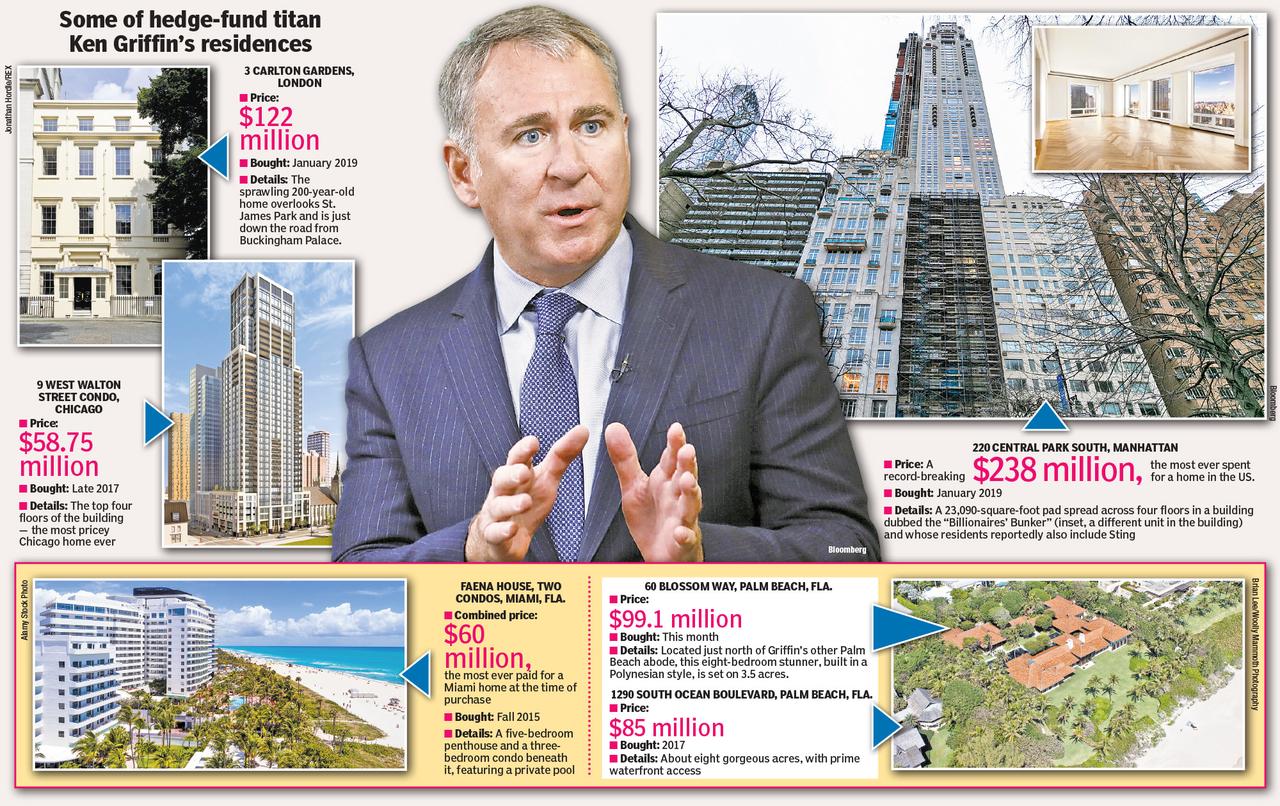“Murphy’s Law”: New York May Follow New Jersey With Trading Tax Of Its Own
Tyler Durden
Mon, 09/14/2020 – 18:40
As the feud grows between New Jersey, which houses both the main facility of the inappropriately named New York Stock Exchange and the Nasdaq and which sparked an uproar last month by proposing a tax on high frequency trading whose proceeds would be used to replenish the state’s empty coffers and funa a “social justice agenda“, and exchanges and various HFT firms which have threatened to promptly flee the state if such a trading tax does in fact pass, Height Capital Markets analyst Edwin Groshans wrote that a proposed tax on financial transactions under consideration by New Jersey Governor Phil Murphy might “encourage other states facing budget shortfalls, like N.Y., to pursue a similar strategy.”
“It also increases the risk that the federal government will act on implementing a financial transaction tax,” and will be an “issue to watch at the federal level” if Joe Biden wins in November and the Democrats gain Senate control, according to Groshans.
For his part, the analyst gave the tax a surprisingly high 65% chance of passing as part of N.J.’s budget process, though he noted Murphy has said the law is likely to be challenged in the courts.
As reported previously, a bill sponsored by Democratic Assemblyman John McKeon calls for a quarter-of-a-cent tax on stocks, options, futures and swaps trading via northern New Jersey electronic data centers. McKeon said the state could collect $10 billion annually from entities engaged in at least 10,000 transactions per year, which is about how many transactions HFTs make every second. If enacted, N.J. would be the first state in more than 40 years to tax trading activities.
Needless to say, the backlash has been violent: the move by New Jersey would “cause unintended and irreparable harm to the U.S. capital markets,” Cboe said in a separate statement. “A transaction tax is a direct cost shouldered by investors, who will also end up paying for the price of diminished liquidity and wider spreads in our markets.”
Well of course those who would be taxed by the proposal would say that, and as for diminished liquidity, go shove it: there is already zero “liquidity” in this “market”. If anything, the market parasite that is HFT should be uprooted, Reg NMS should be torn apart, and broken markets should restart from scratch, ideally while eliminated the Fed.
The NYSE has already threatened to depart the moment a tax was enacted: “We have data centers in various states and the ability to move trading outside of New Jersey in a business day,” said Hope Jarkowski, co-head of government affairs for New York Stock Exchange parent Intercontinental Exchange.
Yes, Hope, but what happens when all the states in which you have data centers follow NJ in establishing a paywall for ultra fast trades which do nothing to make the market more efficient unless one counts surging flash crashes “efficiency.”
Which brings up the problem with “Murphy’s Law” as some jokingly call it. First of all, not only will it not raise NJ tax revenues, but perversely lead to a decline as corporations which pay NJ’s state tax will simply pick up and leave. The question, is what happens if and when New York follows in New Jersey’s footsteps as Height Capital suggests. And unless the world’s biggest financial companies and HFTs are willing to flee the world’s financial capital – which they can’t – the world’s speed traders may suddenly find themselves facing a huge hit to their margins, because in a world where every single trade, no matter how small, is taxed the core premise behind one of the most lucrative business models on Wall Street – just ask Ken Griffen how many houses he has bought in the last few years…
… is about to collapse, with potentially dire consequences for the market.
via ZeroHedge News https://ift.tt/35zRCAC Tyler Durden

